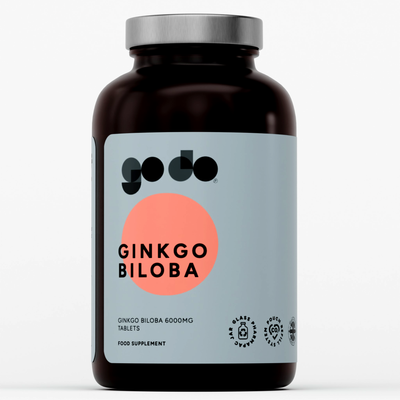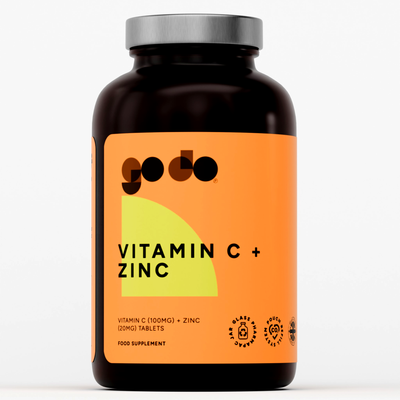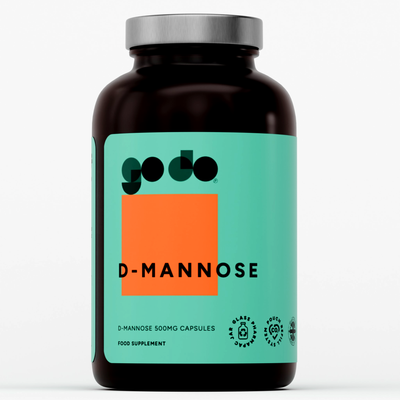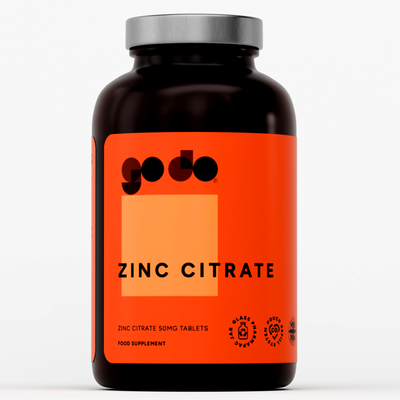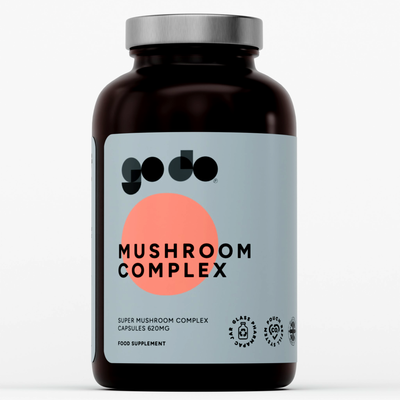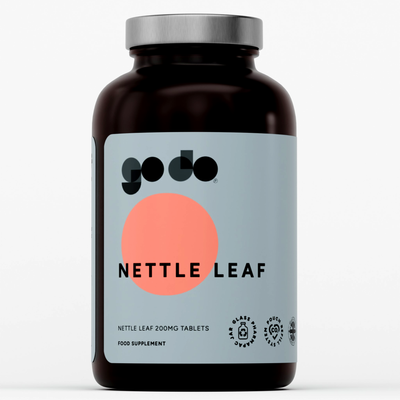
The back squat is a characteristic, compound exercise that trains an assortment of muscle groups throughout the body, placing emphasis on those that extend the knee and hip joints. There are countless variants of this exercise, but the most common entails placing the barbell on your back, between your trapezius and posterior shoulder muscles.
Known in the lifting community as being the king (or one of) of exercises, it engages a multiplicity of muscles, ranging from the quadriceps musculature to the back muscles. The vastus medialis, lateralis, intermedius, and rectus femoris are collectively known as the quadriceps muscle group. This muscle group serves primarily as the knee extensors, whereby they increase the angle between the upper and lower leg segments. They contract during the eccentric portion (downward movement) and the concentric portion (upward movement) of the squat. The three muscles that comprise the hamstrings (semitendinosus, semimembranosus, and the biceps femoris) also engage when executing a squat.
These muscles assist the gluteus maximus (buttocks) with extending the hips, thus assisting in both concentric and eccentric phases of the squat. The gluteus maximus is the largest of the gluteal muscles (medius and minimus), working with the hamstrings to enable hip extension during the squat. Furthermore, the squat engages the erector spinae muscle group (lower back), the abdominal musculature, and the obliques, which actively function isometrically (that is, it remains the same length) in order to maintain an upright posture and ensure the proper stabilisation of the trunk, especially when working with heavy loads.

Bibliography
Baechle, Thomas R., and Roger W. Earle. “Resistance Training Exercises: Hip and Thigh.” NSCA Essentials of Strength Training and Conditioning. 2nd Edition. Champaign, Illinois: Human Kinetics, 2008. 347.
Schwarzenegger, Arnold, and Bill Dobbins. “The Thighs.” The New Encyclopaedia of Modern Bodybuilding. New York: Simon & Schuster, 1998. 511.
Wendler, Jim. 5/3/1: The Simplest and Most Effective Training System to Increase Raw Strength. Ohio: Jim Wendler LLC, 2009.


